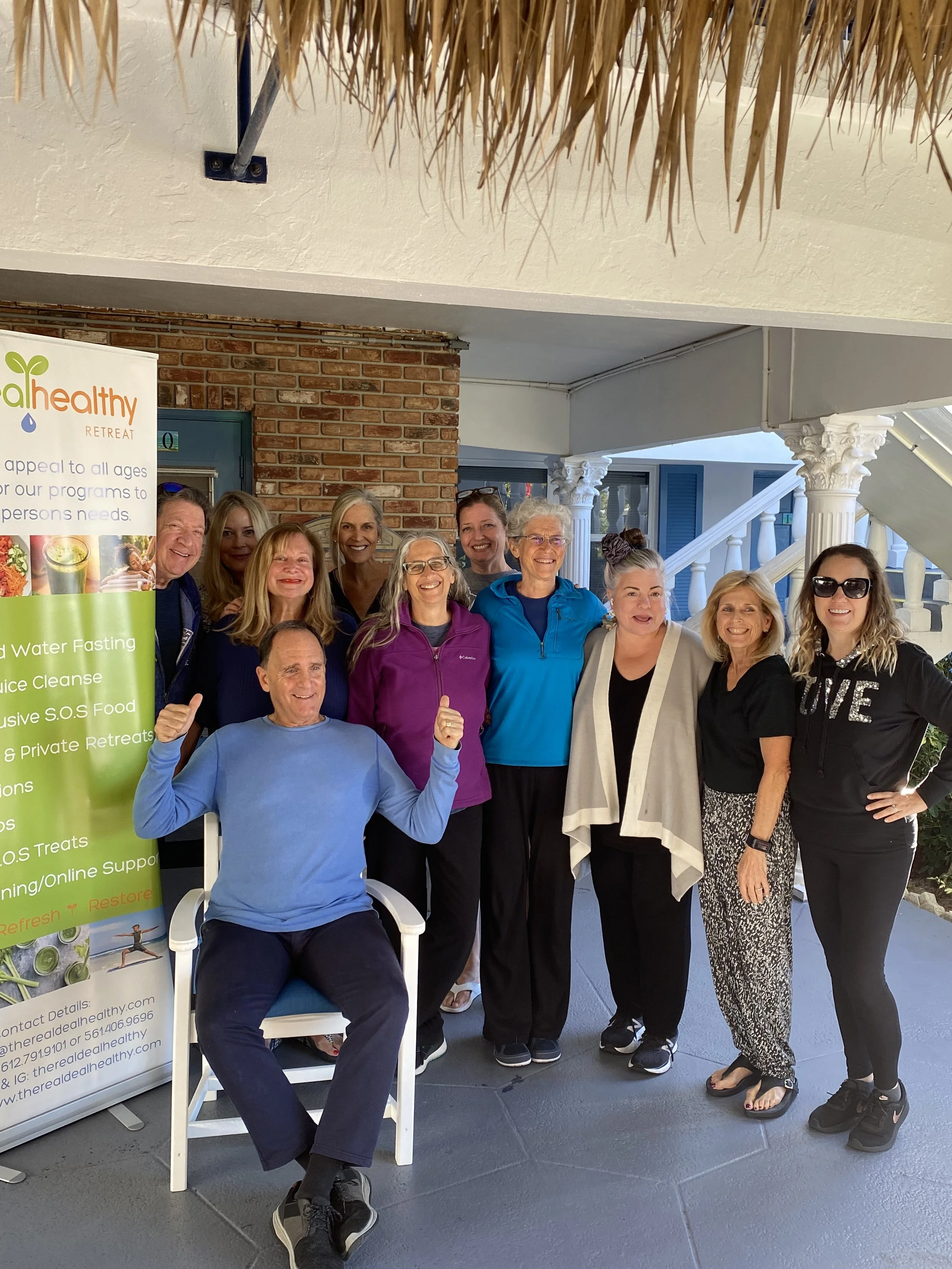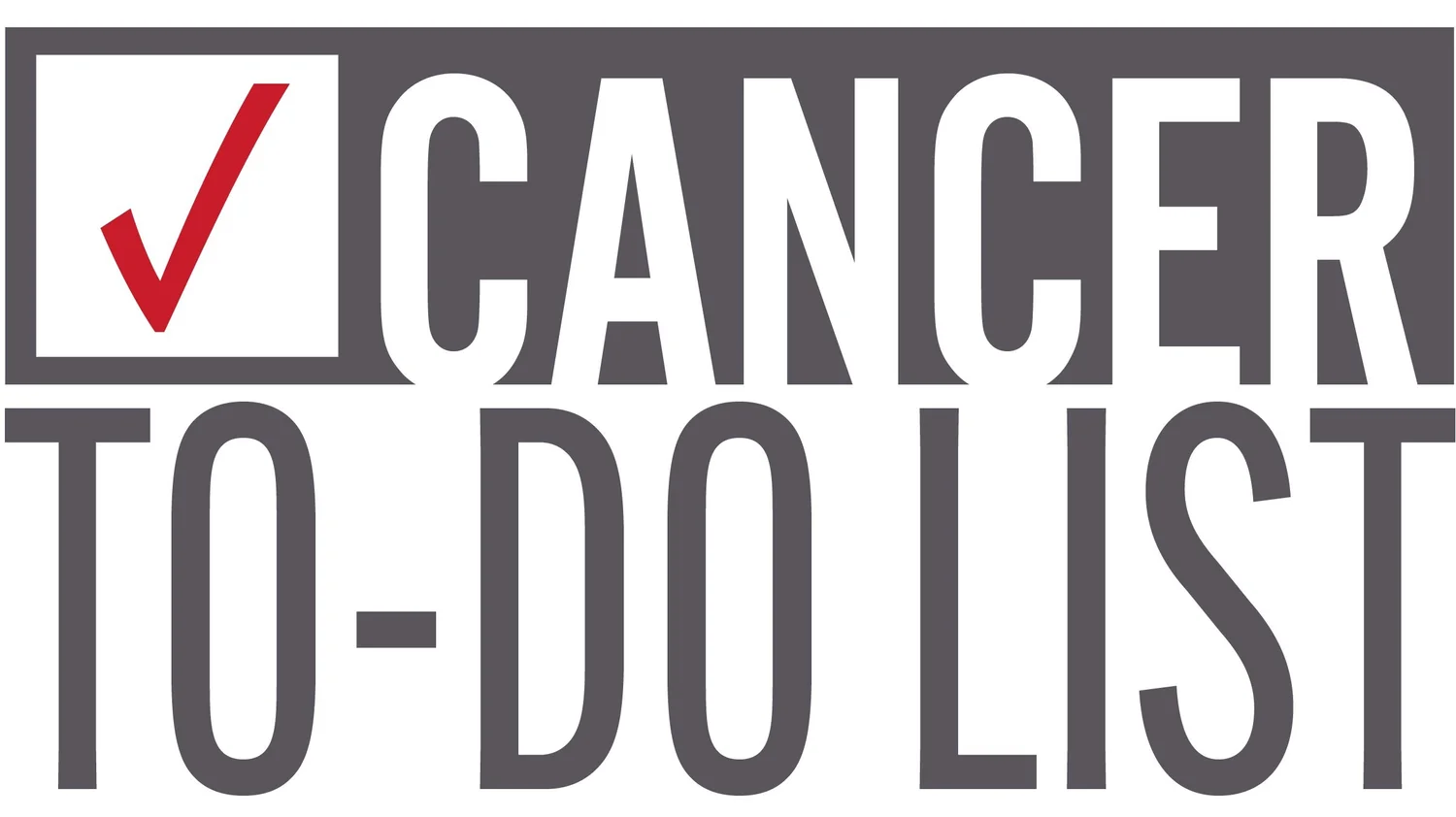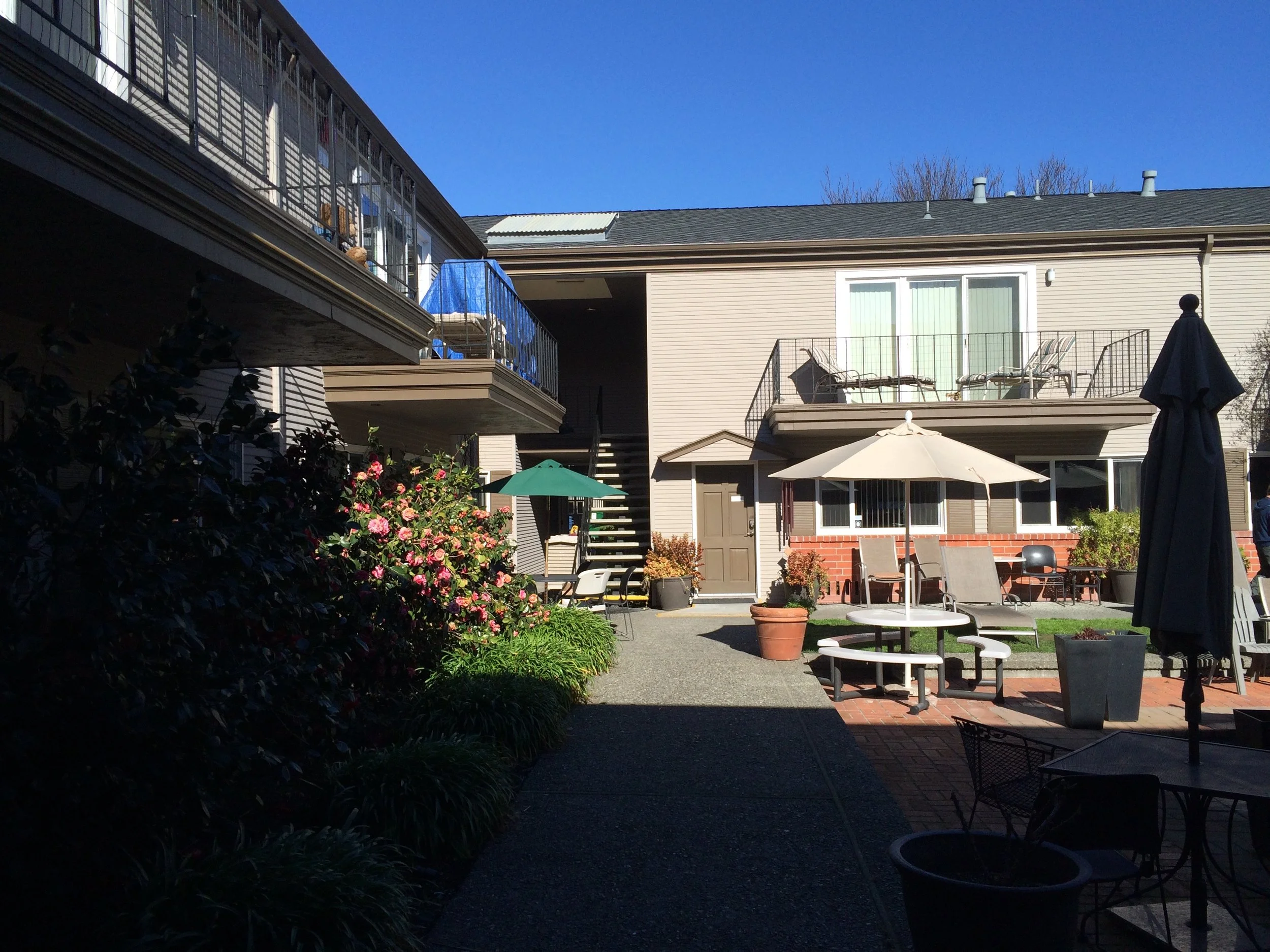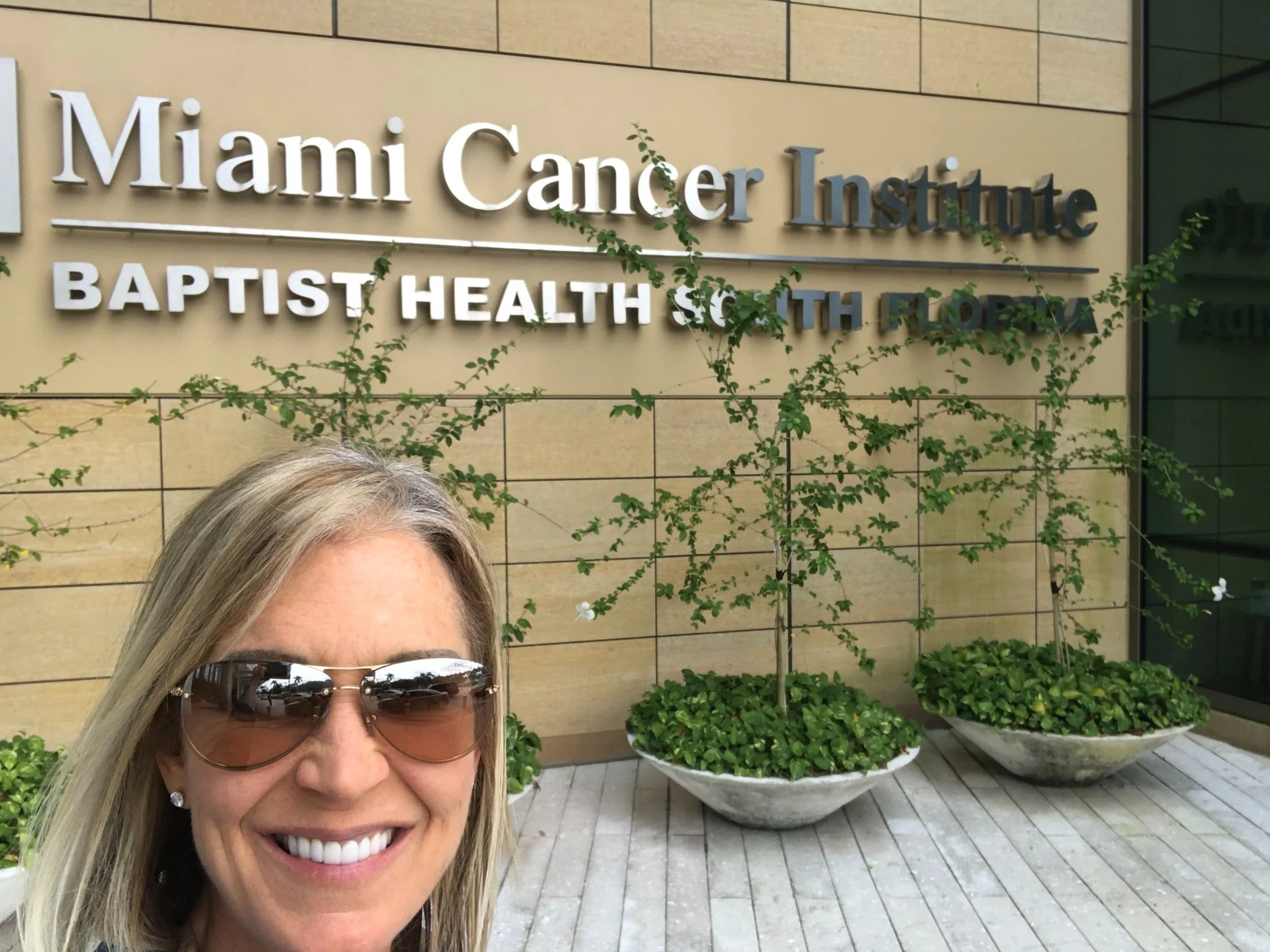
Cancer To-Do List
TREATMENT
Two types of treatment
-
Conventional
Traditional treatment, such as surgery, chemotherapy, radiation therapy, and drug therapies such as hormone blocker drugs and some immunotherapies.
-
Non-Conventional or CAM
CAM (complementary and alternative medicine) encompasses all natural, non-toxic therapies, whether used alongside or instead of conventional treatment.
treatment TIPS and information
You may have just been diagnosed and are trying to make sense of your options. Perhaps you were diagnosed after surgery and are a bit overwhelmed. Here are some first steps I want to share after experiencing cancer twice in our family. These are most likely your areas of focus as you begin: treatment options, detoxing, doctor visits, research, and second opinions.
When diagnosed, it is natural to feel paralyzed by fear, and as a result, rely entirely on the doctors and the cancer treatment recommended to you. It is frightening to consider saying no to treatment, stopping treatment, or changing treatment course, even if there is clinical evidence to support going a different route. I’m certainly not saying you should abandon the path you are on and not listen to your doctors! I listened to everything they said, then evaluated and researched for myself.
In Beyond the Magic Bullet: The Anti-Cancer Cocktail, author Raymond Chang explains we have been on a hunt for the “magic bullet” — the right treatment that would kill cancer. But the truth is, “cancer is a complex condition that often does not respond to single agents,” so there is no magic bullet (any one, right treatment that would kill cancer). He goes on to explain that multiple “bullets” are required to target various dimensions and pathways and that “even if some growth pathways can be inhibited or eliminated, others remain unchecked and become more aggressive.” Lack of survival is due to the inability to keep cancer cells from multiplying, spreading, recurring, and developing resistance to treatment. In other words, cancer can attack your body via multiple pathways, so it becomes necessary to cut off the attack from all sides. This is why a variety of treatments is the best path forward.
I wish I could tell you exactly which treatment path to take, but as I will explain on this page, there isn’t any single, correct approach that works for every person. One thing is for sure — in addition to all of the intervention treatment choices (both conventional and non-conventional) you can provide your body with therapies to thrive in your health, and they just may create the tipping point for healing. That is why I started the Cancer To-Do List with THRIVE as step one!
I hope the information on this page will help you and your family as you decide on the best treatment path forward.
-
Consider a medically-supervised water fast, as it is one of the quickest ways to detox and reset your body.
-
Integrative cancer care refers to the integration of conventional treatments and non-conventional treatment with the "whole" patient in mind.
-
View some helpful websites to search in order to find an integrative or CAM doctor or clinic in your local area. Access a list of clinics I consistently came across in my research.
-
Being an advocate for yourself or your loved one means listening, asking questions, taking notes, and staying organized.
-
Learn why research is critical, how to do research on your own, and how to access resources to help you.
-
Consider seeking second opinions from major hospitals, other oncologists, CAM professionals, and other cancer patients.
-
Once you weigh all of your options and decide on your treatment plan, be resolute in your commitment to the path you’ve chosen, even if you change your mind along the way.
Understanding your pathology report and stage of cancer may be the first two steps on this cancer journey. Here are some helpful links.
BEFORE, DURING, OR AFTER TREATMENT, and ongoing
Detoxing after a cancer diagnosis or after treatment should be a top priority. An initial detox or reset can be the best way to get your health moving in the right direction. Ways to accomplish this are: switching to a vegan diet, juicing, or doing a medically supervised, water-only fast. I have done two medically supervised, water-only fasts, and now I recommend this as a first step for many cancer patients. I think it is a great way to get your body and taste buds on the right track. https://www.healthpromoting.com/condition/cancer
A medically supervised, water-only fast is one of the quickest ways to detox and reset the body. Water fasting under the guidance of a trained physician has been proven to be safe and effective for improving many health conditions — including cancer, especially advanced cancers. This kind of fast entails consuming only water (no food) for a period of time, even up to 40 days. Not everyone is a candidate. For instance, Type 1 diabetics, pregnant women, or even people with some types of cancer would not be considered. If you are a candidate, it can be a perfect way to jumpstart detox, prepare for or heal from treatment, and reset your taste buds to in order to adapt to a plant-based diet. I know many patients who have made water fasting their first step before treatment. Water fasting can also be a tool for the continued pursuit of health ongoing by resetting your system on an annual basis.
BOOK A CONSULT WITH TRUENORTH HEALTH CENTER
I would highly recommend making an appointment to consult with TrueNorth Health Center in Santa Rosa, California. Dr. Alan Goldhamer is the founder of TrueNorth and he and his team of doctors can talk with you about your diagnosis and offer guidance. The center is the largest facility in the world that specializes in medically supervised, water-only fasting. Dr. Goldhamer has researched the benefits of water fasting for cancer patients.
Visit the Detox page to learn more about water fasting and the research behind this detoxification tool.
Detoxing Your Body
my Water Fasting experiences
-
TrueNorth Health Center in California
My first water fast was in 2015 at TrueNorth. This was before my diagnosis. I wanted to do a water fast to take my health to the next level.
-

Balance for life Retreat in Florida
My second water fast was in 2022 at Balance for Life Health & Wellness Retreat. I learned so much! This was two years after my diagnosis.
-
Reset your body and taste buds
At a water fasting retreat there are also health education lectures. You learn about health, how to eat an optimal diet, and leave very motivated!
Integrative cancer care refers to the integration of conventional treatments and non-conventional treatment with the "whole" patient in mind.
Dr. Ralph Moss says, “I believe in integrative cancer care. This means the skillful blending of conventional modalities (surgery, radiation, and chemotherapy) with the broad field of CAM (complementary and alternative medicine). Ideally, this melding will take place within a single center of excellence. However, that is rare. If it is not possible, then one should seek to create a team in which each individual contributes to a combined approach.”
Integrative cancer care takes into account underlying issues of the patient and designs a tailored protocol for that specific patient. It is a customized approach to the individual. Sometimes, integrative cancer care gets the body ready for conventional treatment, and is even used to disseminate treatment.
According to a recent population-based study, “When compared to the general population, cancer survivors were more likely to use CAM and communicate this use with providers, indicating a growing integration of CAM in conventional medical care.” https://www.ncbi.nlm.nih.gov/pmc/articles/PMC3564962/
Looking back, Joel's oncologist was very open to all of our ideas about CAM treatment, like water fasting prior to chemotherapy or medical cannabis for nausea and pain. He probably would have been willing to work with CAM doctors to blend conventional and CAM treatments, but we didn’t know enough to ask. It wasn’t until after Joel’s treatment that we realized this may have been an option. My hope is that one day the gold standard will be integrative oncology.
The best way to receive an integrative approach is to work with an integrative clinic, where they specialize in both conventional and CAM treatments, or ask these types of doctors to work together on your behalf. I list some clinics below (both integrative and solely CAM), but there are many more clinic options around the country.
Integrative Cancer Care
A dear friend of mine did integrative cancer treatment at The Block Center for Integrative Cancer Treatment in Skokie, Illinois. Learn more about this center below.
For many years, patients had to travel outside the U.S. in order to get in-depth cancer treatments. Many still do, but today you can get treated at a variety of places here in the U.S. When looking for a clinic, ask if the treatment that they offer is effective for your type of cancer. Ask for published studies and who will administer the treatments (credentials). Check to see if there have been any lawsuits or major complaints against the clinic. Finally, see if any part of the treatments would be covered by your insurance.
Here are some helpful websites to search in order to find an integrative or CAM doctor or clinic in your local area.
Believe Big - Joel and I found the clinic we worked with in Florida through this organization. Search your state or country for an integrative practitioner.
Jane McLelland recommends these clinics in her book How To Starve Cancer. These are located worldwide and offer a similar plan that Jane used to heal herself of stage IV cancer based on a protocol to kill cancer cells using a metabolic approach.
National Directory of Integrative Health & Medicine Centers (FON CONSULTING)
Below are three treatment centers that I have recommended to others.
Clinics
Block Center for Integrative Cancer Treatment - Skokie, IL
Keith Block, MD, and his wife Penny Block, Ph.D. have been practicing integrative oncology for more than 30 years. We have met people who were treated at the Block Center and much of what they offer Joel and I have learned about. They offer conventional treatments like chemo and radiation but alongside nutrition, supplements, and alternative therapies. They tailor a specific treatment plan for the individual.
HUMANIZING MEDICINE - Decatur, Georgia
We learned about Dr. Mark Hancock, MD who heads up this clinic in Decatur, Georgia. He offers Mistletoe therapy and many other therapies. He did courtesy phone consultations with Joel and I and we felt so comfortable with him and his staff. We almost went to Georgia to work with him but with both of us needing treatment that would have required a lot of travel and time away from home. At the last minute we decided to work with a doctor about three hours from our home.
TrueNorth health center - Santa Rosa, CA
This is a water-only fasting center. Patients from all over the world come to this clinic to do medically supervised, water-only fasts. I went to this clinic in 2015 to do a water fast and I had a life-changing experience. I am grateful to have learned about the power of water fasting as we have used this as part of our healing journey. The good thing about TrueNorth is that you can go at any time and stay for as long as needed. They have many wonderful doctors on staff that can guide your decision to do a water fast and will be there every step of the way. Read “Water Fasting Experiences” for more.
ABOUT the doctor
After each of our surgeries, appointments were automatically set up with our multimodality team. This team works together on your case and consists of your surgeon, regular oncologist, radiation oncologist, geneticist, nutritionist, and social worker. The social worker informed us about opportunities at the cancer center such as counseling, acupuncture, yoga, and other complementary care.
Even though the team is selected for you, remember you’re entitled to request different doctors. Feel free to vet the doctors. Ask about their credentials and experience. I was even able to request a change from the radiation oncologist assigned to me, to working with Joel’s oncologist, whom I already knew. I appreciated that he was knowledgeable, personal, and thorough.
ADVOCATE for yourself or your loved one
When meeting with doctors, be a strong advocate for yourself or your loved one. Ask a friend or family member to come with you and listen. Take notes during and after all doctor appointments, and bring your medical records organized in a notebook. Learn tips for accessing your medical information on the Track page.
Ask questions
Ask questions to fully understand the rationale behind recommendations from doctors. At first, I felt intimidated questioning our doctors, but over time I have realized that good doctors welcome questions. They will work with you, not simply tell you what to do.
Ask all of your doctors (conventional and CAM) to provide published research studies showing the outcomes for patients who received the same proposed treatment. Ask them to review this research with you. Otherwise, consult with another doctor (conventional or CAM) who can find and review the information with you.
Doctor Visits
Questions to Ask
for Oncologists
Specifically, what type of cancer do I have? (stage, how aggressive)
What are your treatment recommendations for me? (surgery, chemo, radiation, drugs)
Will you provide research studies on the outcome for patients who received the same treatment? Would you review the research with me? (See Research section below)
Is the intention of this treatment curative (cure) or palliative (alleviate symptoms since cure is not available)?
How many more years of additional survival does this treatment deliver?
What are the side effects and how often do they occur?
*Have you run blood tumor markers on me so I have a baseline?
Would you order an MRI, CT, or PET scan to determine if cancer has spread?
If I was your family member, what would you do?
**Will you correspond with me via email or text to answer questions, if needed?
*Tumor Markers: Joel's tumor markers were never run prior to his surgery because they didn't think he had cancer. We never knew what his baseline was, so it was hard to compare the before and after treatment outcomes. We asked for mine to be run before my surgeries, therefore, I know my baseline.
**Joel's oncologists gave us their emails, which made communication so convenient. We did not abuse this access to them. My oncologist does not use email and asks me to communicate through her physician assistant.
for Surgeons
Specifically, what type of cancer do I have? (stage, how aggressive)
What is the purpose of the surgery and what will be your approach?
Are there any other options outside of surgery?
Can you explain lymph node dissection and what this means for me moving forward?
What are the chances that you can get clean margins? (means the tumor is cut out and the area around the tumor is free of cancer cells)
What are the possible side effects from the surgery?
How do you feel about me taking a few weeks or months to do some natural treatments to strengthen my body before surgery?
Are you in favor of me getting a second opinion? If so, where would you suggest I go for a second opinion?
What other tests do I need before surgery?
for cam Professionals
What are the costs involved in being a patient?
How much is the initial consultation with the doctor, along with ongoing consultations?
What are any additional fees for labs run in your office?
Will I have access to the results of any diagnostic tests with an explanation, or will I have to pay for a visit with you to review my results?
Is any part of the program reimbursable by my health insurance?
Do you provide discounts for ongoing care?
Will you provide research studies on the outcome for patients who received the same treatment? (See Research section below)
Would you review the research with me?
Who administers treatments? What are their credentials?
What types of diagnostic tests do you recommend for my follow-up?
*Would you run a CTC (circulating tumor cell) blood test on me so I have a baseline? If so, what company will do this test and how much will they charge?
**Will you correspond with me via email or text to answer questions between appointments?
*Usually CAM doctors order CTC blood tests. There are a variety of companies who run CTCs and there’s a huge variance on their pricing. I called the companies to compare pricing.
**Our CAM doctors gave us their emails, which made communication so convenient.
“The case against science is straightforward: much of the scientific literature, perhaps half, may simply be untrue. Afflicted by studies with small sample sizes, tiny effects, invalid exploratory analyses, and flagrant conflicts of interest, together with an obsession for pursuing fashionable trends of dubious importance, science has taken a turn towards darkness.”
Research
ASK YOUR DOCTOR FOR THE RESEARCH
At your first doctor appointment, be sure to ask this question: “Can you provide published, clinical research studies on the outcome for patients who received the same treatment? Would you review the research with me? It is unusual for doctors, whether they are conventional or CAM, to automatically provide published, clinical research to support their treatment recommendations. If they do, great! If they don’t, ask for the research to support their recommended course of action.
Study the benefits and risks of each treatment to decide the right course of action for you. It is important that you look at the studies yourself, or have someone help you, rather than relying on your doctor’s interpretation. The main outcome to evaluate from each study is survival rates. Some treatments do not lead to longer survival and can have life-threatening side effects. Low toxicity treatments are preferable whenever possible. If your doctor doesn’t provide the published research, find it on your own using the tools below.
DO YOUR OWN RESEARCH
WHERE TO LOOK FOR RESEARCH
Unfortunately there is no one person, one publication, or one site you can trust. T. Colin Campbell gives an example in his book, The Future of Nutrition. “In 1971, Congress passed the National Cancer Act and the official war on cancer began. It continues to this day, but there was a faulty premise undermining it from the start: The two main agencies (NCI and NIH) were appropriately armed to the teeth, yet somehow missing from both of their arsenals was the single most potent weapon for fighting the war on cancer . . . Nutrition.”
Here are the most common research websites, and all are part of the federal government:
NCI (National Cancer Institute) (www.cancer.gov) - NCI is the federal government's principal agency for cancer research and training. The website offers free, comprehensive information about cancer and cancer research.
NCBI (National Center for Biotechnology Information) (https://www.ncbi.nlm.nih.gov) - NCBI is part of the NLM (National Library of Medicine), a branch of the NIH (National Institutes of Health). This website is approved and funded by the federal government. The NCBI houses a series of databases relevant to biotechnology and biomedicine. One of the databases is PubMed.
PubMed (Public/Publisher MEDLINE) (https://pubmed.ncbi.nlm.nih.gov) - PubMed is a free search engine accessing the MEDLINE database at the NIH. The database contains over 30 million citations and abstracts, but usually does not include full text journal articles. However, the abstracts give a good summary of the study. PubMed was developed and is maintained by NCBI.
GOLD STANDARD RESEARCH
Not all research is equal. There are very specific criteria a study needs to possess in order to meet the mark of being considered a gold standard study. Here’s what to look for:
Was it clinical? (research done on people - data or samples of tissue from people are studied to understand health and disease)
Was it peer-reviewed/published? (academic work that was vetted by a committee of fellow researchers, and if it meets their strict standards, it is then published in an academic journal)
Was the study done in a controlled environment with a researcher using gold standards or did the study involve subjects self-reporting their results? Self-reporting is generally not as accurate.
Here are the terms to look for in a gold standard study:
Randomized - The study is performed using random selection or sampling.
Double-blind - Neither the participants nor the researcher knows which treatment or intervention participants are receiving until the clinical trial is over.
Placebo-controlled - A trial in which there are two or more groups. One group gets the active treatment, the other gets the placebo.
Cross-over - Two groups of test subjects: one group receives the research item, while the other group receives placebo. Then there is a washout period and the two groups switch.
Who funded the study? Was there involvement in any other stage of the research beyond the funding that could create bias? (The appropriate process is for the study to be funded, and then complete control is assumed by the research institution.)
How many studies support the same finding? Two or more is a good standard.
SUB-PAR RESEARCH
Learn to distinguish between gold standard and sub-par research. It is easy to find evidence in favor of almost any theory; but it is often through sub-par research. Many tests, drugs, treatments, and dietary theories are “supported” by one theory that lacks a body of clinical evidence. Sometimes this is driven by interest groups with an agenda. These theories or protocols become widely accepted as truth, and are subsequently supported by mainstream. One example is soy. We have been convinced that soy, a super food, is harmful, or that it even causes cancer. But when you look at the body of evidence, you will quickly realize that the research says otherwise.
Here are some red flags that indicate that the research is not gold standard.
BORROWED RESEARCH
This is when researchers take a well-supported principle and assign that proven outcome to their own research. For instance, oranges contain vitamin C and enhance immune health. The borrowers would say, “Our product contains vitamin C, therefore our product enhances the immune system.” It’s the process of borrowing results for your benefit. Original research means the study has been conducted on that particular variable in question.
in vivo and in vitro
Was the research done in vivo? (research done in a living organism, such as a lab animal)
Was the research done in vitro? (research done in a test-tube)
It’s impossible to extrapolate the results of in vivo and in vitro research to humans. Because it’s less expensive, in vivo and in vitro is oftentimes the first step in the research process. If the results are promising, this can lead to research done on humans.
INTERPRETING RESULTS
Many treatments may appear more valuable than the research states, so it is wise to have someone help you understand the statistics. Taking time to study this type of information is the best way to determine whether or not a treatment is right for you.
RELATIVE VS. ABSOLUTE DIFFERENCES
In this research, what is the exact reduction in risk of recurrence, expressed in absolute rather than relative terms?
Example: A study reports that the incidence of cancer recurrence in patients receiving a treatment is 2%, and the incidence of recurrence in the placebo group is 4%. The treatment is commonly represented in relative terms as decreasing the risk of recurrence by 50%, since 2% is half of 4%. This sounds impressive, but the absolute risk reduction (the benefit to you, the person receiving treatment) is only 2%.
CAM STUDIES
First, keep in mind when looking for CAM studies, there may be very few available. The main reason is because of a lack of funding.
Next, when reviewing research to look for risks and benefits, remember that most of the subjects in cancer studies were not practicing optimal diet and lifestyle habits prior to their diagnosis. If you are practicing optimal diet and lifestyle habits presently, your risk of recurrence is most likely lower and your chance of living longer is higher than the general population. This means that the reduction in risk of recurrence and/or survival advantage may be much less for you than for those in the study population comprised of unhealthy cancer patients practicing poor lifestyle habits.
Studies show that, in many cases, cancer patients eat a worse diet than the general population. https://acsjournals.onlinelibrary.wiley.com/doi/full/10.1002/cncr.29488
Second Opinions
Our first visit to the cancer center for Joel's "multimodality" team meeting with oncologists. It was a beautiful facility and all decorated for Christmas.
AT A MAJOR HOSPITAL
As soon as possible, make an appointment at a major hospital or medical center to get another opinion. Our oncologists were both in favor of us getting second opinions, which was great. For Joel, we went to MD Anderson Center in Houston, TX, Memorial Sloan Kettering Center in New York, and our local Cleveland Clinic (many major hospitals have local branches in various cities). Similarly, we sought second opinions for me from Miami Cancer Institute and Memorial Sloan Kettering. Read “Second Opinions” for more.
After booking an appointment, the doctors conducting your second opinion should request medical records and a tumor block (sample of tissue from the tumor removed during surgery) from your local hospital where you were tested or treated. If they don’t, then you will need to request these from your hospital medical records department to be sent prior to your appointment. It is good for you to learn this process so you can obtain your records anytime you need them. Our hospital's medical records department was in a separate building from the hospital, and the patient needed to be present when requesting results.
At Miami Cancer Institute meeting with an oncologist and geneticist to get a second opinion and learn more about a cancer gene my tests had revealed. Read “Cancer Gene Shocker” for more.
Second opinion at MD Anderson hospital in Houston, Texas, six weeks after Joel's surgery.
FROM ANOTHER CONVENTIONAL DOCTOR
Perhaps you have a friend who is an oncologist and is willing to help you understand your diagnosis and options. Otherwise, make an appointment with another local oncologist, if your insurance allows, outside of your assigned one. Doctors can interpret tests or medical records better than we can.
FROM ANOTHER cam PROFESSIONAL
Consult with a local CAM health professional for guidance, or schedule a long-distance, virtual consultation to be sure you are on the right path. We consulted with numerous local and long-distance professionals, and we chose several to work with regularly.
FROM OTHER CANCER PATIENTS
Consult with others who have been through your type of cancer, and learn from their experience.
BELIEVE IN THE PATH you choose
Once you weigh all of your options and decide on your treatment plan, be resolute in your commitment to the path you’ve chosen, even if you change your mind along the way. Dr. William Sears and his wife Martha Sears, both cancer survivors, refer to this as the “conquer cancer mindset” in their book entitled Help Heal Yourself From Cancer.
Once You Decide
Here are two personal examples:
JOEL
Due to the seriousness of Joel’s diagnosis and the time-sensitivity of necessary treatment, he was resolute in his commitment to chemotherapy — even though the treatment and side effects were grueling and more than he could handle. But he had his family to live for, and he stuck to his treatment plan. He listened to his instinct and was resolute in his path.
JULIE
I, on the other hand, was unsure about taking the hormone blocker drug that was strongly recommended for me. I hesitantly started on one course, only to decide that it was causing too much mental and emotional stress. I changed courses, then felt settled in my decision to discontinue the drug, and I never looked back. I listened to my instinct and was resolute in my path.
So, whatever treatment plan you choose, even if there is a change along the way, listen to your instinct and be resolute in your path. Ask your Support Team to stand with you as resolute!
Next Up...
TEAMS
This step will guide you through organizing teams of individuals, both professional and personal, that you can rely on throughout your cancer journey. I’ve defined three specific teams: medical, support, and prayer.









